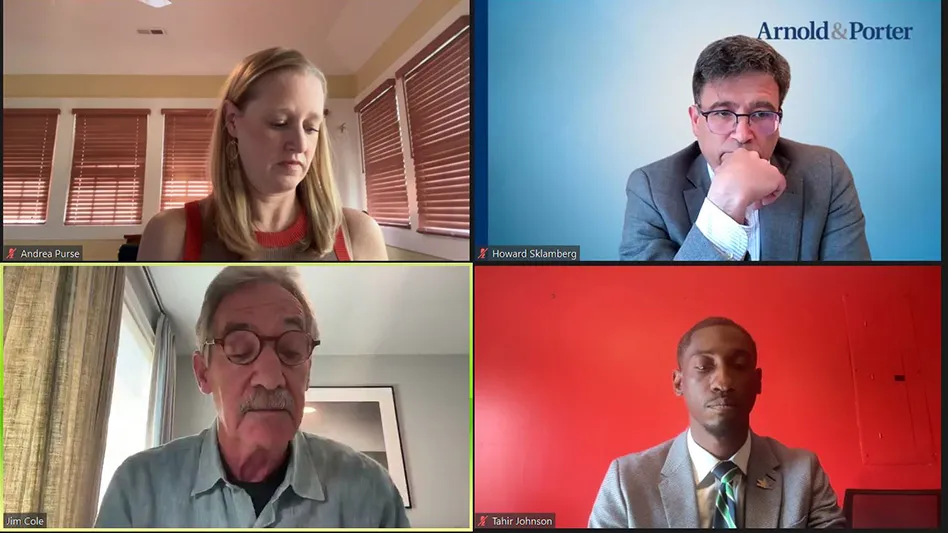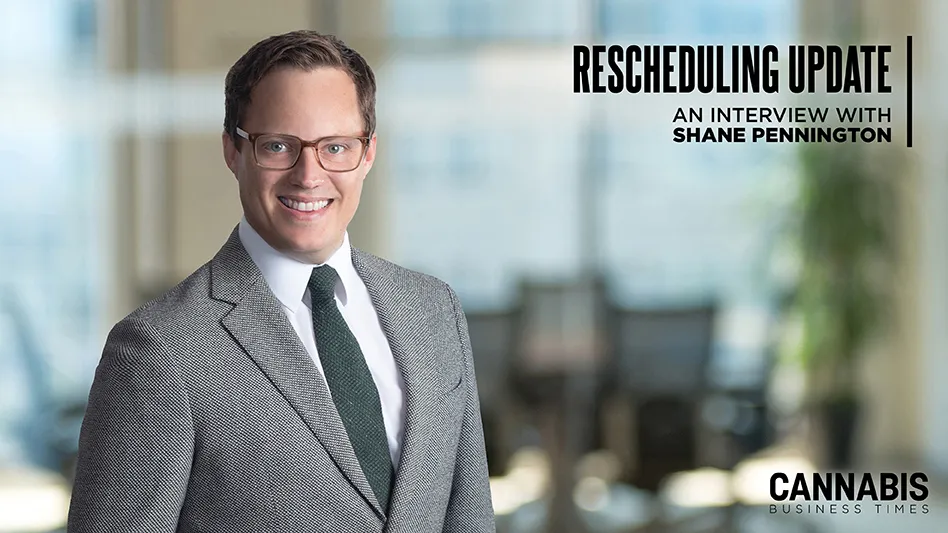As with most aspects of the cannabis market, the guidelines for raising capital are not black and white, and some may even fall into a bit of a gray zone, especially with variations in state regulations. However, following the lessons detailed here can help you attract investors who are aligned with you on your project vision and desired outcome. After all, finding the right investor isn’t just about finding the one with the deepest pockets.
It’s also important to be aware that investing in facilities that deal directly with cannabis involves different considerations than investing in ancillary companies (those that don’t “touch” cannabis directly). Added risks and more legal nuances exist, so investors who are interested in this area will be looking closely to be sure they are working with the right teams.
But before even considering the following dos and don’ts, it is essential to work with qualified legal professionals to ensure that everything about your business or proposed business is in good standing. So many regulations dictate the ins and outs of raising capital in this industry that having the right legal minds lending a hand is an absolute necessity.
Do: Be the smartest person in the room.
Know the political and legal landscape of your state, county, and municipality. Take the time to understand the nuances that exist and work with local groups to get a sense of the industry’s next phases. For example, make sure you learn the legal guidelines around indoor vs. outdoor cultivation, vertical integration, etc. How will the product be distributed to dispensaries or patients? What is legal there?
Know the tax regulations and how this can impact margins. Investors feel more secure investing when they know that their founders are taking the steps to understand these guidelines.
Do: Consider the zoning guidelines carefully.
It can be difficult to find locations/properties that are zoned appropriately to support cultivation facilities. Some investors may not know this, but others will, and they will want to know that you have taken the steps to select the right location. Zoning experts can help with this, depending on the location.
Do: Consider margin and price compression.
Investors want to be sure a business will remain healthy as the industry grows. They often review margins with heavy scrutiny and consider price compression, as this can quickly take a business from profitable to unprofitable. Taking steps to protect and preserve healthy margins, and making those steps part of the plan you present, is appealing to investors.
Do: Consider energy efficiency.
Essential to the bottom line and sustainability, energy efficiency is becoming increasingly important to investors. The early days of adult-use legalization showed a rush to market, and many producers/cultivators did not properly outfit their facilities to handle future price compressions. High energy costs make expenditures all the more difficult to manage when trying to maintain profit margins. Exploring energy credits and the benefits of having more efficient equipment and facilities also will show a strategic team.

Do: Showcase the team on the project.
Who are the key team members lined up to make this cultivation project a success? Investors care about these credentials and will want to know in whom they are investing. When companies face difficulties, any issues or weaknesses with the team will be revealed. They say a rising tide lifts all ships, but as the tides begin to change, only the best teams will survive and may even thrive.
Consultants can be helpful to your business and enticing to investors, but only if they have a proven track record in the ability to get licenses and to build out successful cultivation sites. Also, investors would want to know that the expense for a consultant makes sense for the project’s scope. They do not want to see a site start off with an unnecessary financial burden. Showcasing your team is a good way to gauge alignment and how well the investors will work together with other investors and with the core company team.
Do: Know the guidelines around raising capital for your state.
Can this be an equity or a debt investment? These answers will dictate which investors are more likely to be interested. (An equity investment gives an investor an ownership stake in the company and, at times, a share of profits. A debt investment is essentially a loan with a high return on the investment.)
Some investors are not interested in debt. However, debt may be the only potential investment structure for cultivators in some states where an investor must be a resident to make an equity investment. Other states force cultivators to be non-profit collectives, which cannot take equity investments; this situation may therefore require a debt investment.
However, there are ways to work with different capital-raise structures. It might be worthwhile to ask investors what types of investments they’ve done in the past to gain some additional ideas. Most importantly, as with any business endeavor, seek legal guidance in this area.
Do: Outline for the investor how they will get their money back, plus returns.
How and when will the investor see a return on investment (ROI)? This will vary depending on the investment structure (debt or equity) and the stage of the operation (early or capital expansion, etc.). Be sure to show the investor what the end goal is and when it is expected. Setting expectations and communicating frequently is key to having a good relationship with investors.
Sharing any experiences you have had of successfully exiting projects and returning capital plus returns is a great approach as well. Having references readily available will help investors feel more comfortable with you and your business as a prospective investment.
Don’t: Assume anything with politics or legal guidelines.
Assumptions are difficult to make in this industry—and just because something worked in one state, does not mean it will work in another. Regulations often change, and investors like to know that founders have taken the time to research and understand the legalities/politics in their key areas. Otherwise, their confidence in the project will quickly erode.
Don’t: Skip steps or take shortcuts with property selection.
As investors do their due diligence, they will likely discover if a location is inappropriate or not ideal for cultivation. They will likely want to see some support for the work that has been done to determine why the site you have chosen is an ideal site for cultivation. Being unprepared to show the efforts around site selection may prevent investors from considering future opportunities with your team if they have lost trust.
Don’t: Lose sight of existing/potential competition.
What competitors do you have? Who will be coming into the game once it is federally legal? What other markets may enter or impact the playing field? What does this mean for your cultivation business? Consider and share with investors what the competitive landscape might look like in the future. Investors are likely considering this as a part of their evaluation process, and they will be concerned if the founders or team are not paying careful attention to market competition.
Don’t: Forget to include details about use of proceeds.
Some founders fail to include how the money will be used when putting together a capital raise. Take the time to outline financials and the use of proceeds, so that the investors can see that the “ask” (amount of money requested) makes sense.
Don’t: Forget to do background checks on your own team.
Investors will likely do credit and criminal background checks on everyone involved in a project. Many people in the cannabis industry may have arrests on their records. This is very common among some of the most well-known leaders in the space. However, it is better to share this candidly with investors when they get closer to finalizing the deal, as opposed to letting the investors discover this on their own and question if this information was being hidden from them.

Explore the August 2021 Issue
Check out more from this issue and find you next story to read.
Latest from Cannabis Business Times
- Where All 100 US Senators Stand on SAFER Banking Act
- Blumenauer Unveils Legislative Blueprint, Additional Administrative Action Needed Following Rescheduling
- Cannabis Rescheduling FAQ: What Now?
- From Custodian to Cultivation Supervisor
- California City in Cannabis Retail Desert Welcomes 1st Dispensary
- US Senate Democrats Forgo Addressing Intoxicating Hemp in 2024 Farm Bill Summary
- Verano Opens 3rd Connecticut Social Equity Joint Venture Dispensary
- SunStream USA Poised to Acquire Cannabis Assets





